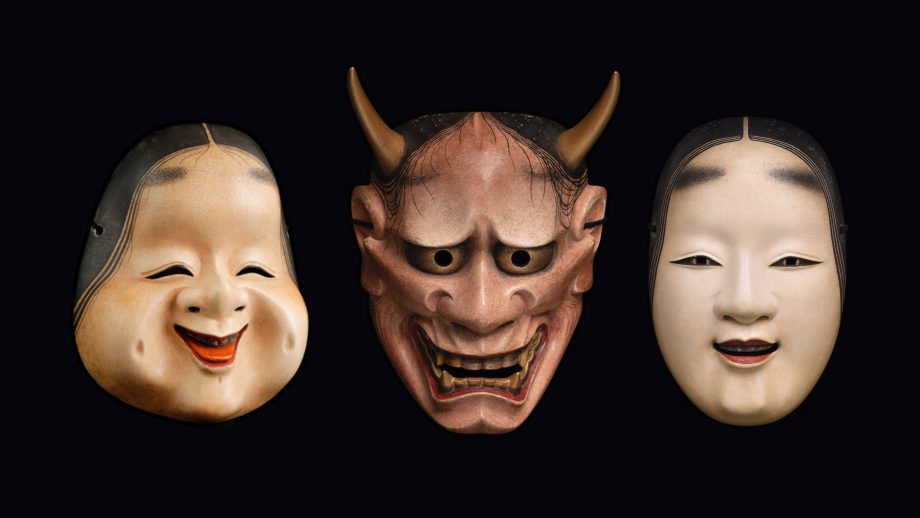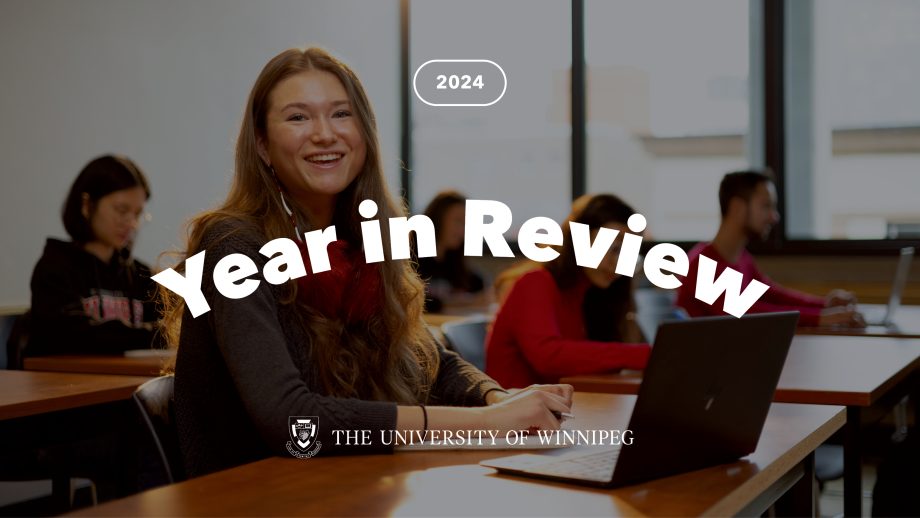The University of Winnipeg’s Dr. Félix Mathieu has been named co-editor of the Canadian Journal of Political Science (CJPS).
An Assistant Professor in the Department of Political Science, Mathieu’s appointment to the editorial post comes not long after beginning his tenure with the CJPS. Having originally joined the editorial team as French book review editor in December 2021, Mathieu took the opportunity this past summer to propose his increased involvement on the editorial team.
In part, his interest was born out of his belief in the journal’s importance to the political science community, nationally and globally. But it is also a passion project for Mathieu, a long-time admirer of the work published in the CJPS.
“On a personal level, when I was doing my undergraduate studies and even as a PhD student, the Canadian Journal of Political Science was always one of the top journals in which I, as someone working in Canadian politics, wanted to have my work published,” he said. “It’s the principal journal for everybody working in political science in Canada and everybody in the world that focuses on Canadian politics.”
If I can help young scholars in publishing their first papers, I would say this is the biggest reward I can have. You really see that you have an impact.
Félix Mathieu
Founded in 1968, the CJPS publishes quarterly, is the top journal of its kind in the country, and is recognized internationally for its influence in the field of political science. According to the Observatory of International Research, the CJPS has an impact factor of 4.0, tying it for 33rd among 187 international political science journals. Impact factor is a measure of the frequency with which a journal is cited in a given year.
Mathieu – whose two most recent books include Taking Pluralism Seriously and Un Pays Divisé: Identité, Fédéralisme et Régionalisme au Canada – isn’t interested simply in maintaining status quo in his new role, however. Echoing efforts his predecessors undertook in the past, it’s his desire to foster new connections between the English and French researchers and readers.
The quarterly published journal presents papers in both languages, though Mathieu has seen a decline in the breadth and frequency of French-language content in recent years. His hope is to not only encourage an increase in French submissions, but maintain at least two French articles in each of the four yearly issues.
“Anyone that speaks more than one language knows that a language is not only a way to communicate, it’s a way to think, it’s a whole worldview that comes with a language,” he said. “When we talk about pluralism, diversity, it’s important as well to remember that having a plurality of languages in which we publish science is also contributing to diversifying the ways we approach problems, that we imagine solutions for these.”
One way Mathieu aims to achieve an increase in French content is by actively seeking submissions from top French-speaking scholars and encouraging them to submit in the language rather than translating their work to English. The importance of this, too, goes beyond the maintenance of the bilingual practices of the journal which have long been its standard. Mathieu expressed the importance to continue to publish and hopefully increase the submission of French content in an effort to provide examples to younger French-speaking students with role models and examples of those publishing in their language.
As it pertains to young scholars, too, Mathieu sees the chance to begin to cultivate a new crop of academics seeking to publish in the CJPS. Even before stepping into his new role with the CJPS, Mathieu had a genuine interest in editing and reviewing papers written by his friends and colleagues. Thus, he sees with the CJPS an opportunity to take something he was already eager to do for those around him and put it to use in bolstering the content of the journal while giving a hand to those who’ve yet to or have little experience with the publishing process.
“If I can help young scholars in publishing their first papers, I would say this is the biggest reward I can have. You really see that you have an impact,” Mathieu said. “Also, I’ve seen it with established scholars that send out papers; the idea is very good but it needs to be fine-tuned. To play this active role and to help maximize the outcomes of the research, it’s something I really enjoy doing and that’s why I put so much time into this.”





